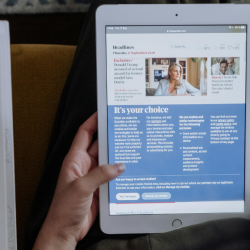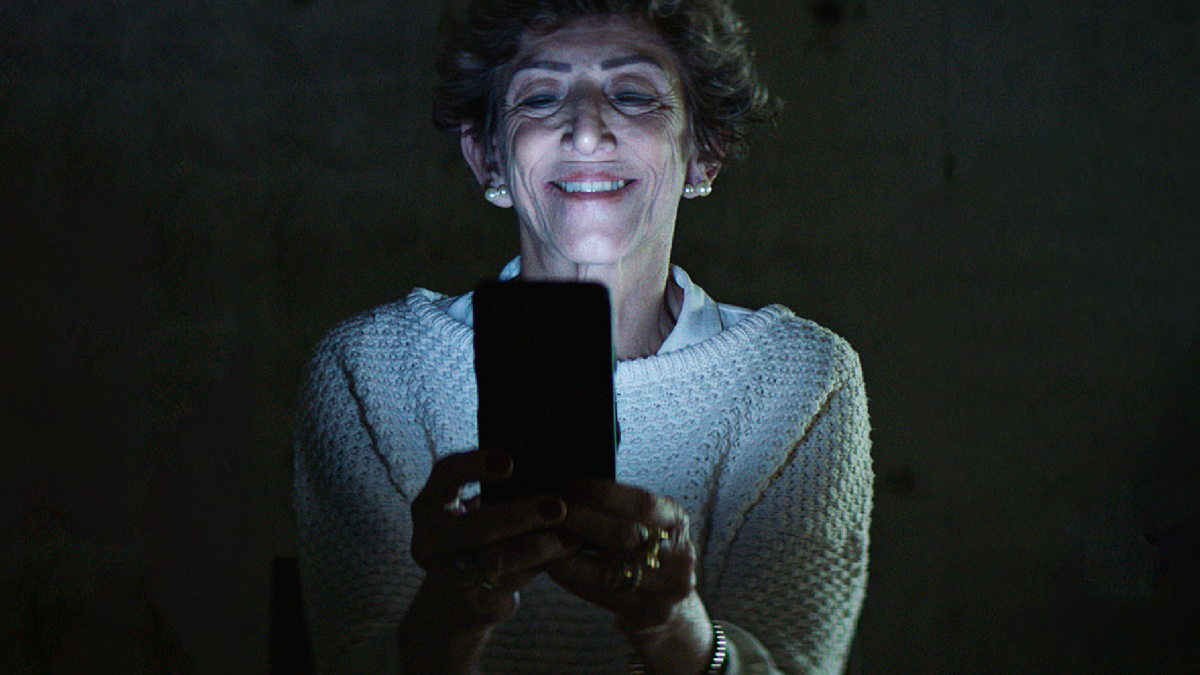Consumers are now taking control of their health like never before…
Healthcare marketing has attempted to keep pace by incorporating lifestyle medicine and behaviour change principles, but access is still people’s number-one health concern. Healthcare brands are simply not connecting with enough people on a fundamental level to help them move from getting better to being well.
Healthcare is undergoing a huge transformation, driven by a range of global health crises and by increasingly educated and empowered consumers. Covid-19 raised the profile of corporate pharmaceutical brands, with consumers asking for vaccines by name. Tech innovation, fuelled by data, is giving people increased access and ownership of their nutrition and health. And healthcare is rapidly integrating lifestyle medicine — including sleep, exercise, diet, and mental wellbeing — into legitimate treatment plans.
In this new era of healthcare, brands need to help people overcome barriers to health. They can do so by moving beyond marketing to people as patients. Because, first and foremost, people are people. We believe there are seven key prescriptions for brands to enable them to contribute to improved health and wellbeing for individuals and better outcomes for brands: increased affinity and growth through new product and service propositions.
Purposeful prescription: Habit
People tend not to follow health plans, as life simply gets in the way. So brands need to help people stay well — by inserting the brand or proposition into existing habits or helping to create new rituals. Brands that prescribe habit help people help themselves.
Parkinson’s can cause people to lose their ability to express emotion. Europharma’s Scrolling Therapy uses the daily self-soothing habit of social media scrolling to get Parkinson’s patients to do their facial exercises. This helped people with Parkinson’s to help themselves preserve their precious ability to smile.
Purposeful prescription: Play
Play is more than fun and games — it has been found to provide real health benefits. Brands can create interactive experiences that help people increase wellness through increased motivation and behaviour change. People-centric healthcare marketing should embrace humour, entertainment and diversion.
Educating people about gut health is tough work. So Channel 4 and health brand The Gut Stuff decided to engage people through humour in the TV series Know Your Shit. The programme was part of The Gut Stuff’s holistic approach to gut health awareness.
Purposeful prescription: Nature
Nature has curative properties and medical science is now catching up with this. Recent studies have shown that time in a forested environment helps the body’s immune system by increasing the number and activity of disease-fighting cells. Brands have an opportunity to help people access nature’s healing power.
Allergy medication brand Claritin found a way to address hay fever through a nature-based solution. Its Diversitree Project aimed to reverse decades of poor urban planning in the US by planting over 200,000 female trees, which produce less pollen.
Purposeful prescription: Community
The communities that surround people provide significant support. Recent studies on longevity suggest that connection is responsible for up to half of centenarians’ continued wellbeing. Brands that previously only prescribed to patients in isolation must now consider communities and the powerful role they play in spreading wellbeing.
In traditional Muslim communities, cultural norms restrict women from talking about breasts — even from sharing life-saving information about breast self-exams. The Lebanese Breast Cancer Foundation found a way around this by ‘baking’ self-exam method into a topic that women in these communities talk about every day: bread.
Purposeful prescription: Trust
Both true and false medical information can now be found online, so it’s hard for people to know what to believe. Brands used to prescribing pages and pages of patient information should now focus on how they package the information people need most in order to build trust.
‘What to Expect When You’re Expecting’ is the bible for first-time mothers, but not for black mamas-to-be, who suffer from maternal mortality rates three times higher than white women. To provide crucial information, Black Women for Wellness created ‘Everything they didn’t tell you’ — a jacket on black maternal mortality placed over the cover of the book.
Purposeful prescription: Inclusion
Prejudice is a serious threat to public health. A focus on people, not patients must address healthcare inequality. By identifying communities that are excluded from their category and products, brands can help tackle one of the biggest barriers to wellness.
The Canadian Down Syndrome Society used World Down Syndrome Day to focus on the limiting beliefs holding back those with the condition. The ‘Assume That I Can’ campaign challenged the view that people with down syndrome are destined to live differently.
Purposeful prescription: Hope
While disease may be terminal, the human spirit is indomitable. In the darkest of times, people can always find light. Brands that prescribe hope know that the way we experience the end of life matters and that for some there may be a way through the crisis.
Motor Neurone Disease is a terminal illness that robs the body of so much, including the ability to speak. So Dell and the Motor Neurone Association created ‘I Will Always Be Me’ — a digital tool and book enabling patients to bank their voice and leave a legacy by reading.
In the new era of healthcare, we must move to treating people as people not patients. This means putting people at the centre of healthcare. Through this approach people will get more effective care for both mind and body. Similarly, health brands will reap the financial rewards of genuinely doing good for society.
Featured image: Eurofarma Scrolling Therapy / dentsu creative


















